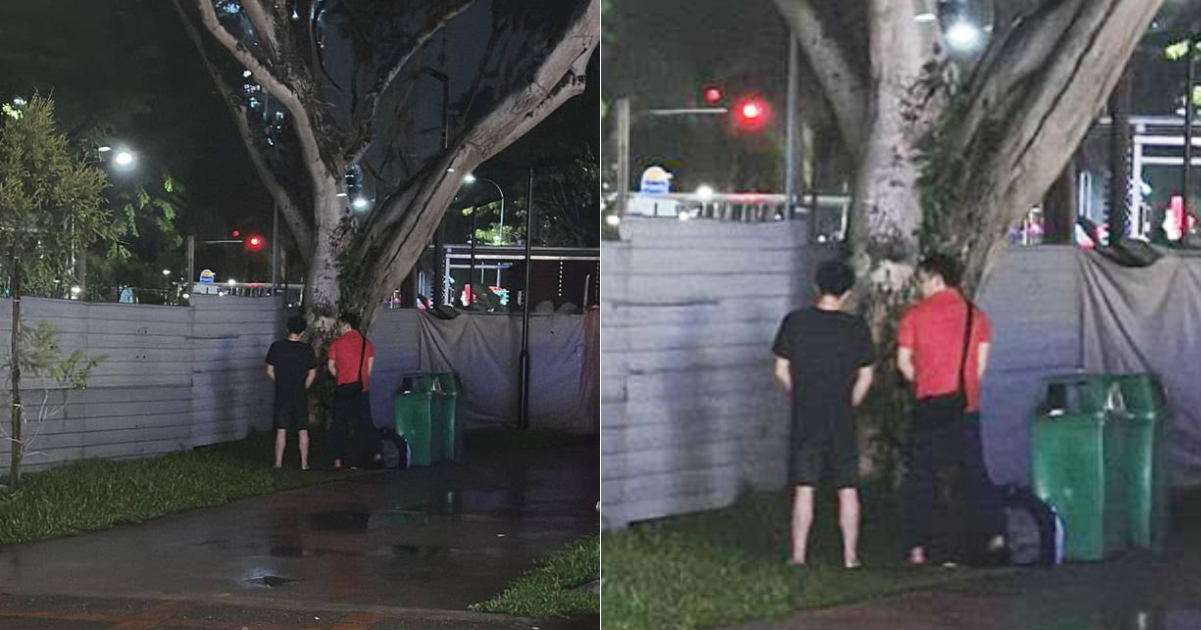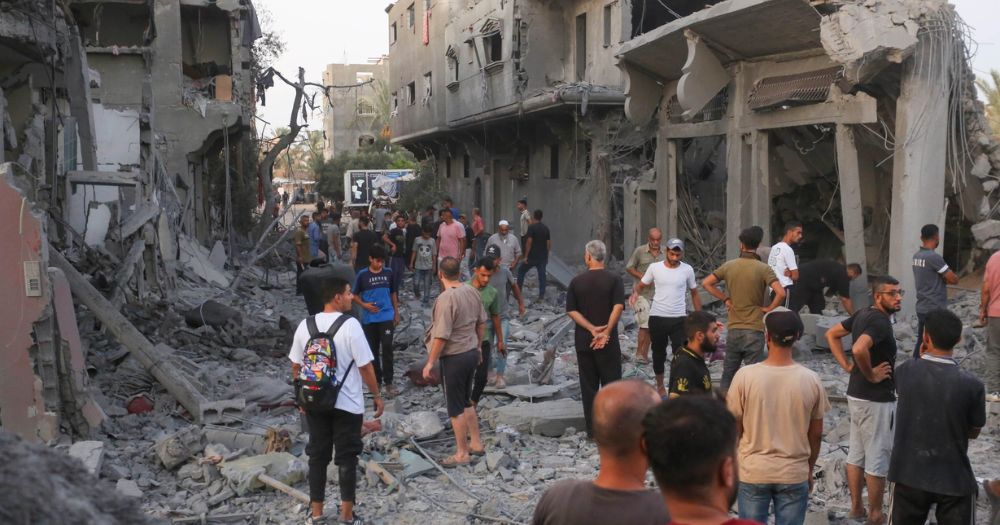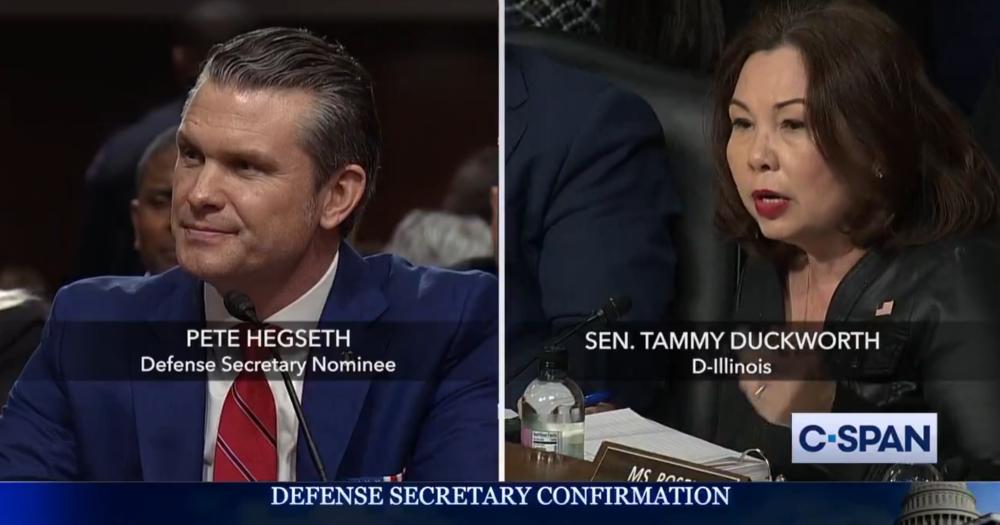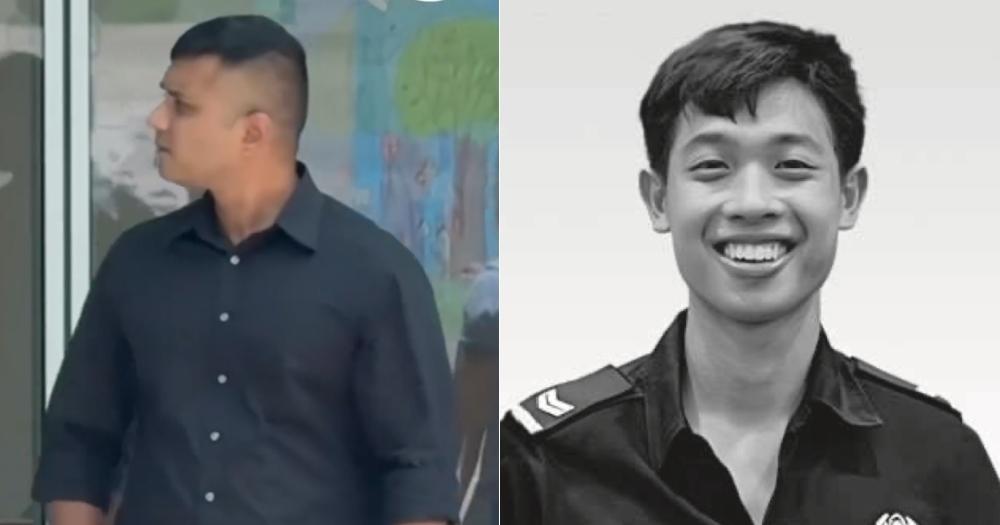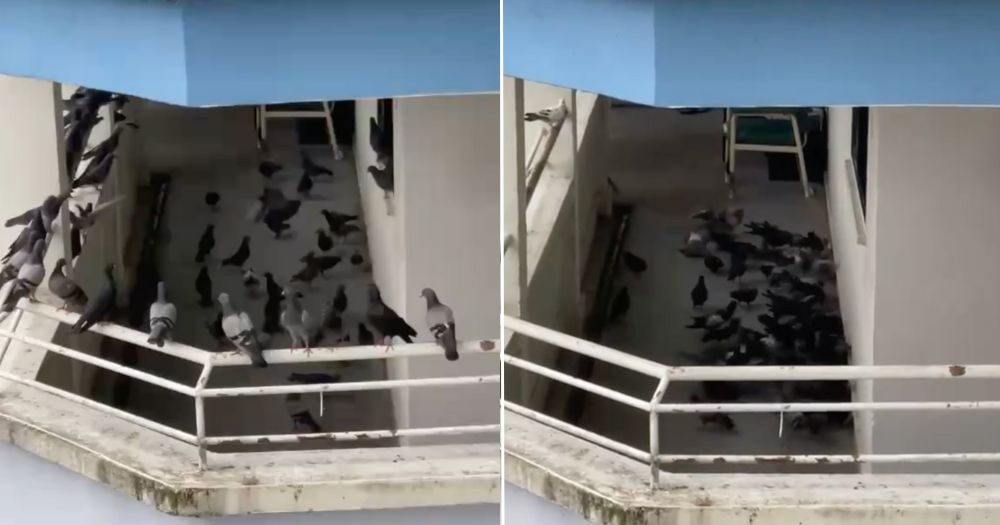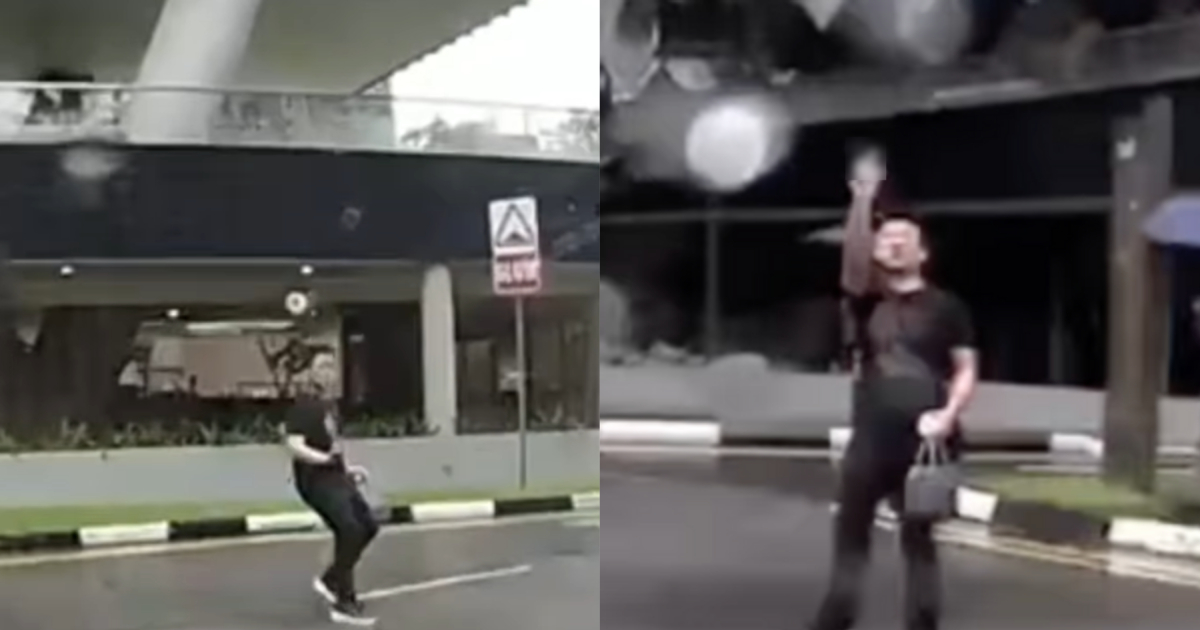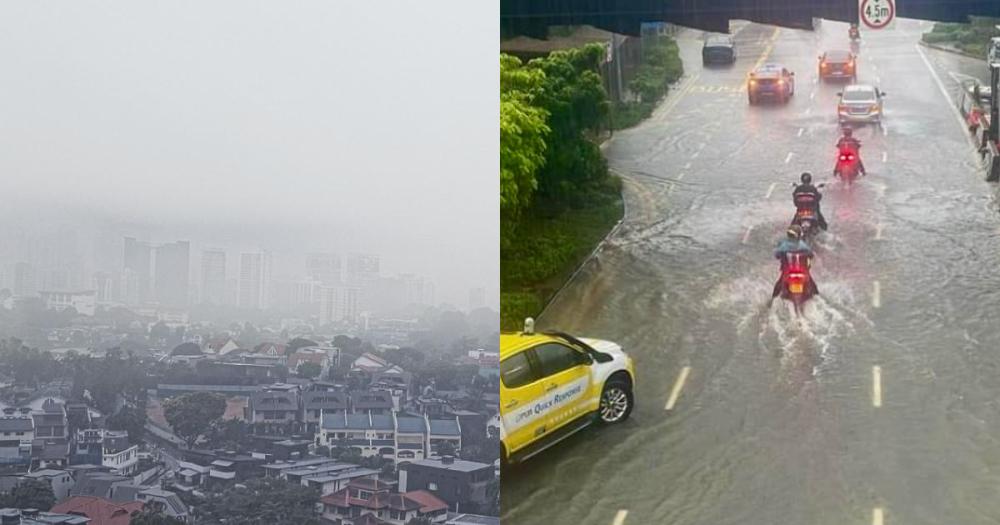'Bullying is real': Mum calls for greater awareness after daughter, 15, struggled with depression & took her life
"But if you could see her, before depression and after depression, you can see the mark, the difference. She used to be very joyful."
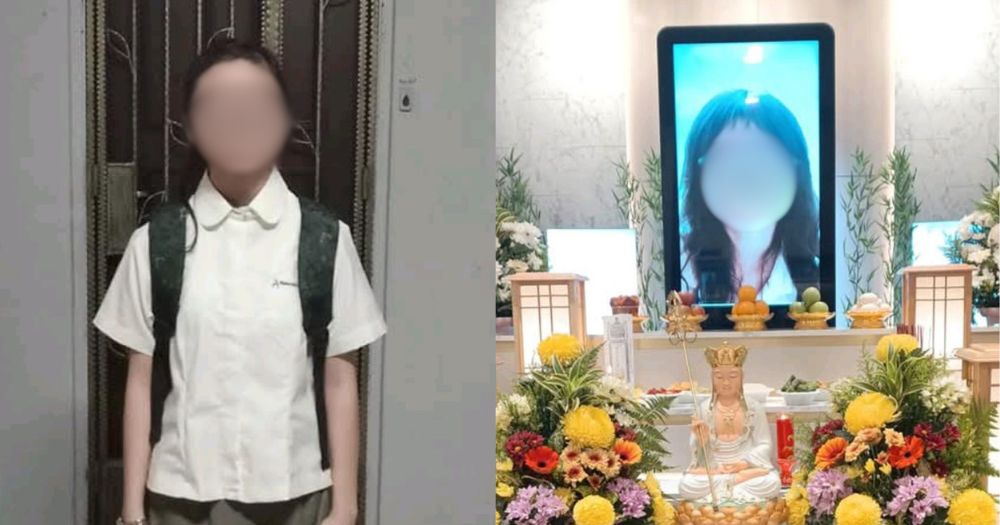
In 2021, E (not her real name) began to notice a change in her daughter.
The 13-year-old had never struggled in school. She excelled in her studies, had a quiet confidence, and was always eager to make new friends.
But after the March holidays that year, the Secondary Two student, WY (not her real name) refused to go back to school.
She'd find excuses to skip class, and at night, she would cry herself to sleep.
"She read a message [on her phone], and she was crying. She was crying, crying," E told Mothership.
"I asked her what's going on, and she showed me [her phone]."
Since the start of the year, WY had been bullied by some of her classmates. They ostracised her at school, calling her "clingy" and "needy", and wrote malicious comments about her on social media.
Three times, WY was removed from her class's group chat. Each time, she managed to get herself re-added; each time, one of her bullies would delete her from the group again.
After finding out about the situation, E raised the issue with the school. But the damage had been done.
WY sank into a deep depression from which she would never emerge.
Two years later, at the age of 15, she took her own life.
Lingering effects
E shared her daughter's story shortly after a Secondary One student was allegedly assaulted by a classmate.
The boy was a student at Admiralty Secondary School, the same school WY attended.
Hearing about the case prompted E to bring up her daughter's own experience with bullying, and emphasise the long-term effects it had on the teenager's mental health.
After E and her then-husband raised the complaint, the teachers spoke to the bullies and put their interactions to an end.
But by then, WY had already spent months being shunned by her peers, at one point around half her class.
"The effects inside, she didn't really recover from that. Even when the bullying incidents stopped. She was traumatised."
When her depression didn't improve, in June 2021, WY asked her parents for professional help.
E sent her for psychotherapy, and for a while, it appeared to be helping.
But the sessions — which cost S$400 a week — quickly became too expensive for the couple. They were forced to stop the sessions.
Mental health troubles
The next year, after entering Secondary Three, WY developed bulimia.
By then, she had been placed in a different class and made new friends. Her old bullies no longer spoke to her.
"But her depression never left her, and her self-image [issues] never left her," E said.
"[Although] she would still work, she would not really want to go to school anymore....she had not been attending classes, she studied at home."
E managed to persuade her to see a food therapist, and as the teen continued to battle depression, a psychiatrist as well.
She and her ex-husband often spoke to her, as well as WY's grandmother, who she was particularly close with.
"We tried to tell her, whatever the circumstances, the whole family is there for her. She had supportive uncles and a very close cousin...we brought her for trips [so she could enjoy herself]," E said of that period in her daughter's life.
"And she's fighting her depression, she's really fighting her depression... But if you could see her, before depression and after depression, you can see the mark, the difference. She used to be very joyful."
Effects on the family
It's now been over a year since WY's death.
E and her husband separated soon after, their marriage immeasurably shaken by the grief.
And E's mother — WY's grandmother — now suffers from dementia.
"She still believes my daughter is alive," she said, a catch in her voice.
E still remembers the day of her only child's death, and how she'd not realised anything was amiss; she and her daughter had even spoken about the latter's exam preparations.
But E isn't telling this story to seek justice against the students who'd rejected her daughter.
She understands that they, as teens themselves, were still developing their own sense of self back then.
Nor does she want WY's teachers and principals to bear the blame.
All she wants is to raise awareness of bullying, and for people to take it seriously.
"Bullying is real," she said.
"I just want a system in place that properly deals with bullying and its after-effects...[and so] schools need to deal with it promptly and effectively... To let the victim know that their voice is heard, and that they are not being judged."
For instance, stricter disciplinary measures can be implemented to curb bullying.
Bullies should also receive counselling to tackle the problem at its root, she said.
In addition, E hopes that more can be done to make mental health services more affordable and accessible.
In particular, she suggested providing subsidised mental health services for victims of bullying.
She also suggested providing special leave for parents of children suffering from mental health issues, as this would help the parents manage their responsibilities at work while attending to their children's needs.
"I wasn't earning a lot at the time," she said.
"Because I couldn't afford [the mental health services], I had to discontinue them [for WY]. So I'm hoping that there will be subsidised mental health care for other victims of bullying."
MOE's response
In response to Mothership's queries, an MOE spokesperson said the ministry is "deeply saddened" by the loss of its student in 2023 and extended its condolences to her family and loved ones.
It takes a serious view of any form of hurtful behaviour, and schools take action to guide students towards reconciliation, it said.
For cases involving "intentional acts of bullying", disciplinary action is also taken.
MOE added that in WY's case, the school was aware of the situation and school staff and a school counsellor intervened, extended counselling, and facilitated conversations among schoolmates.
Her family was also kept in the loop.
"The causes and possible triggers for suicides are complex and multifaceted," the spokesperson said.
"Our school leaders would always seek to extend all possible help to affected students and families, and work closely and sensitively with families in managing their grief."
Helplines
If you or someone you know are in mental distress, here are some hotlines you can call to seek help, advice, or just a listening ear:
- SOS 24-hour Hotline: 1-767
- Singapore Association for Mental Health: 1800-283-7019
- Institute of Mental Health: 6389-2222 (24 hours)
- Tinkle Friend: 1800-274-4788 (for primary school-aged children)
Top image from E
MORE STORIES






